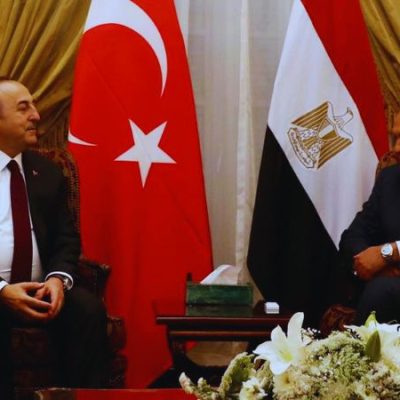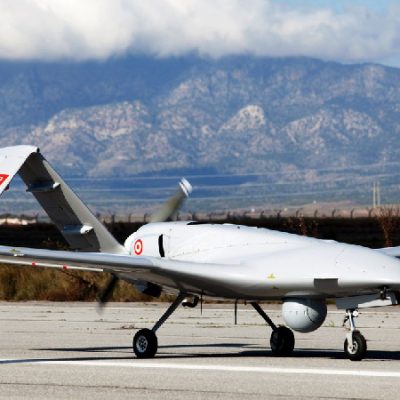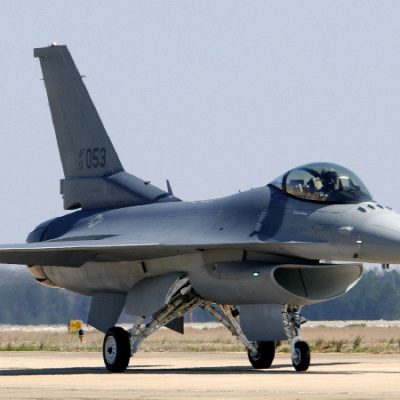Turkey risks exiting NATO, that’s what the allies are afraid of

The outgoing American vice president, Mike Pence, had already warned Turkey last April that if the country proceeded with the purchase of the Russian S-400 missile system, it would risk its membership of NATO.”Turkey must choose: does it want to remain a partner of the most successful military alliance in the history of the world?” Pence asked April 3 at the NATO Engages summit in Washington, DC. “Or do they want to risk the safety of this partnership by making reckless decisions that threaten our alliance?” He added. “We have made it clear that we will not stand by while NATO allies buy weapons from our adversaries, weapons that threaten the very cohesion of this alliance,” Pence stressed again.
Turkey’s gradual rapprochement with Russia worries the United States, which does not want one of its key allies in the Middle East, a member of NATO since 1951, to unbalance the geopolitical balance in favor of Moscow. US and NATO officials have repeatedly protested that Russian weapons cannot be integrated into NATO’s defense system. The S-400s is a state-of-the-art missile defense system.
Russia claims the system can intercept aircraft, cruise missiles, medium-range missiles, drones, and other aerial surveillance systems, although its full capabilities have yet to be tested in combat. The S-400 has a range of around 250 miles. It can intercept multiple targets simultaneously, with and without crew. Furthermore, the S-400s are equipped with an anti-access or area denial system, which essentially creates a no-fly zone. For this reason, Russia deployed the S-400 to its base in Syria after a Turkish Air Force F-16 shot down a Russian Su-24 operating in the Middle Eastern country on November 24, 2015.
Not only Turkey’s cooperation with Russia in Syria and Libya. But also support for extremist groups, threats to Europe through migrants, and the deterioration of the human rights situation, have put Ankara’s permanence in jeopardy. Atlantic Alliance. France, Greece, and Germany, above all, fear that President Recep Tayyip Erdogan is no longer credible. Despite his promises, Erdogan never withdrew Syrian mercenaries from Libya and continues to transport weapons and equipment to Tripoli and Misurata, defying the UN embargo and the joint European IRINI mission.
Turkey continues to harm European interests in the Mediterranean through exploration and gas extraction activities. Recent talks with Athens have confirmed that Ankara has no intention of interrupting its activities, which have been the cause of earthquakes and storm surges that have claimed hundreds of lives in Turkey and Cyprus.
Erdogan then threatened Europe with the invasion of Syrian migrants and refugees who crossed the Greek border into Italy, Spain, and Germany by the thousands until the Union paid hundreds of thousands of Euros to the Turkish regime. But it will not be enough. Erdogan will reopen the door to migrants and refugees every time the European states do not satisfy his requests. A blackmail that is no longer sustainable, especially now that Europeans are fighting the coronavirus emergency.
Finally, there is the threat of terrorism. The Muslim Brotherhood, of which Erdogan is the main exponent and financier, has instigated Muslims in Europe to carry out attacks and cut off the heads of unbelievers. Anti-French propaganda has more recently been the cause of bloody attacks in Paris, Cannes, Vienna and the UK. With stabbings, beheadings and violence by those who compare Sultan Erdogan to Mohamed II.




